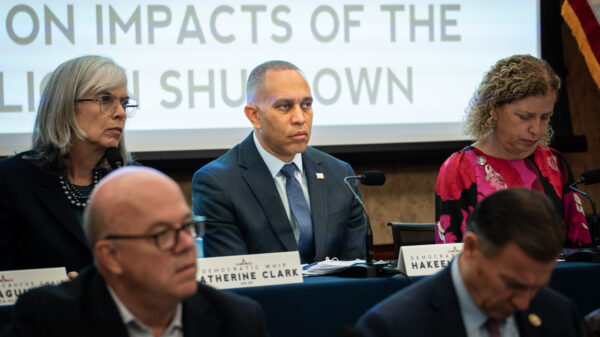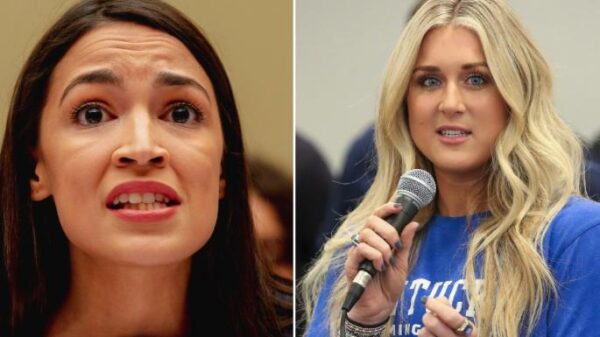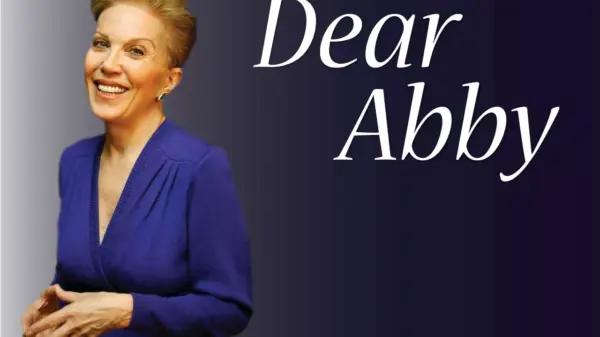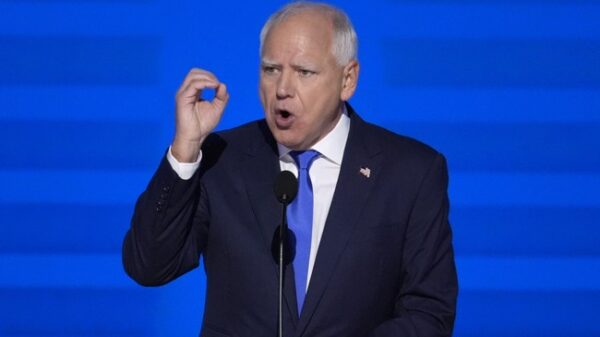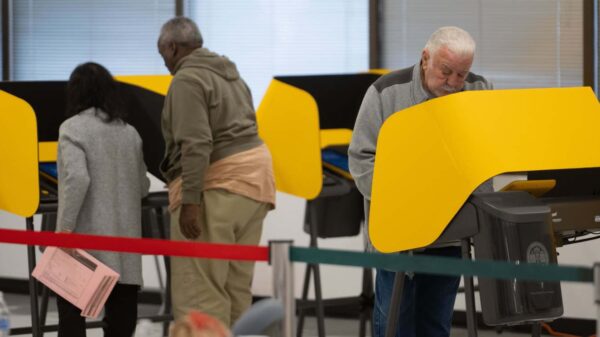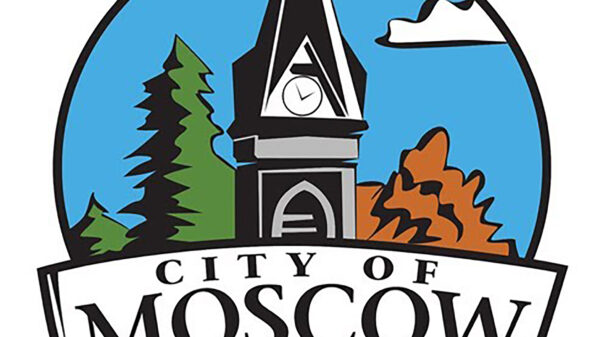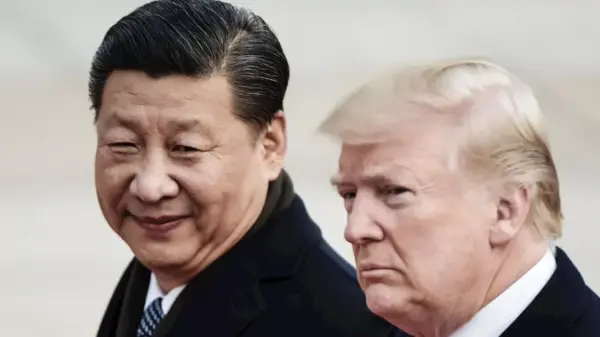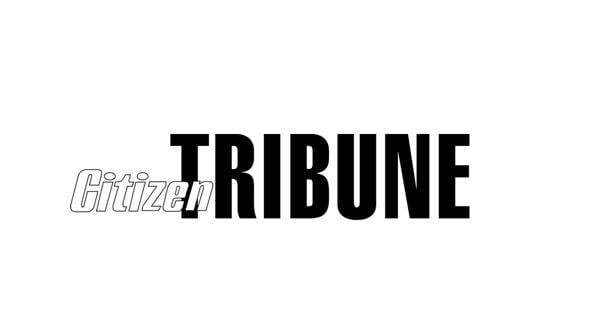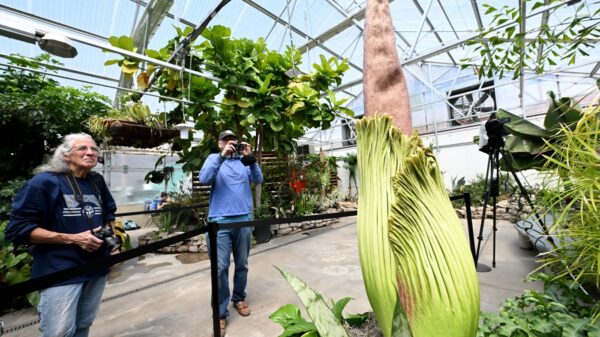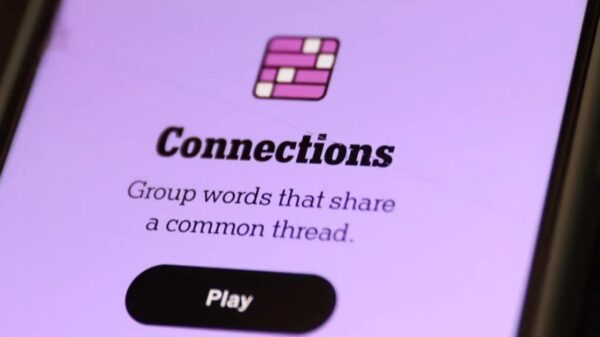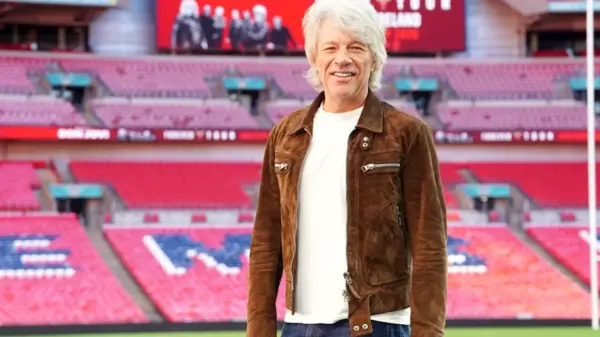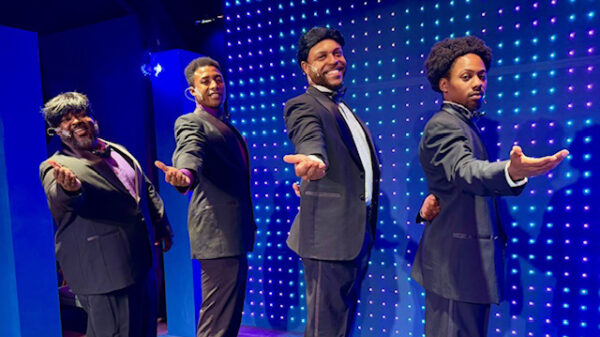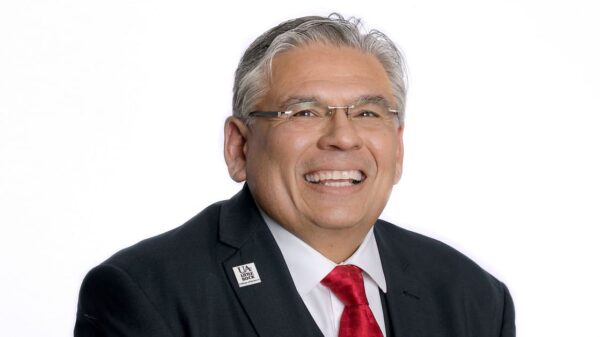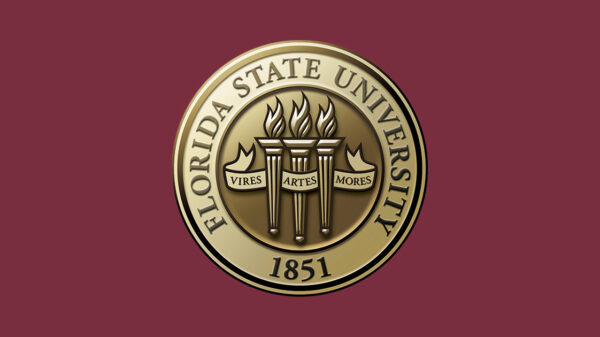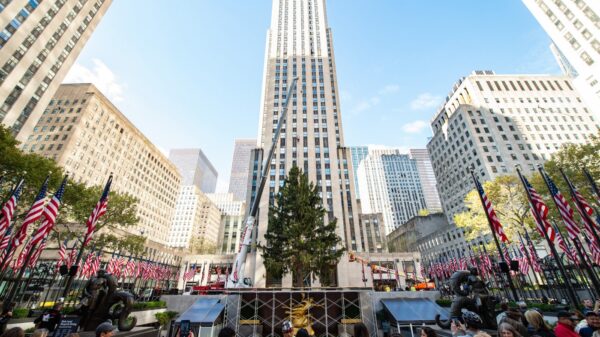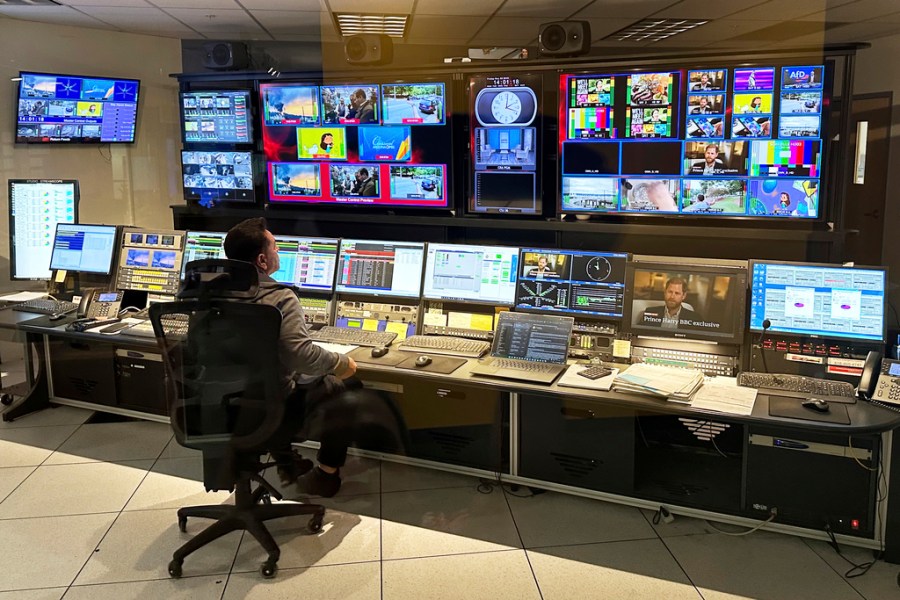Concerns about bias have emerged prominently in discussions surrounding NPR and elite universities in the United States. Critics argue that a perceived liberal bias within these institutions may undermine their credibility and render them susceptible to attacks, particularly from political figures like former President Donald Trump. Acknowledging this bias could be essential for fostering an environment conducive to inquiry, debate, and the free exchange of ideas.
Understanding the Landscape of Perceived Bias
The landscape of media and academia has long been a battleground for political ideologies. NPR, known for its in-depth journalism, and many elite universities, which are often viewed as bastions of liberal thought, have faced scrutiny regarding their impartiality. Critics contend that this bias can alienate segments of the audience and student bodies who may feel that their perspectives are not adequately represented.
In light of this, some argue that openly acknowledging bias is a step toward reinforcing credibility. By recognizing their leanings, institutions can better engage with diverse viewpoints and foster an atmosphere where robust debate can thrive. This acknowledgment, proponents contend, could serve as a bulwark against attempts to undermine the integrity of academic and journalistic pursuits.
The Implications of Bias in Inquiry and Debate
The ramifications of bias extend beyond mere perception; they can influence the quality of discourse. In an era where public trust in media and educational institutions is wavering, the pressure is on organizations like NPR and elite universities to ensure that all voices are heard. The challenge lies in balancing their inherent biases with the need to provide a platform for diverse opinions.
Former President Trump has been vocal in his criticism of both NPR and higher education institutions, claiming that they perpetuate a liberal agenda that stifles conservative viewpoints. By acknowledging their biases, these organizations could mitigate some of this criticism and reinforce their commitment to open inquiry and honest debate.
The need for transparency in addressing bias goes hand in hand with the principles of academic freedom and journalistic integrity. Institutions that champion these values must also confront their own narratives, which can lead to a more inclusive environment for all participants in the discussion.
The dialogue surrounding bias at NPR and elite universities is ongoing. As these institutions navigate the complexities of their roles in society, they face the imperative of fostering an inclusive atmosphere that encourages a thoughtful exchange of ideas. Acknowledging bias may not only bolster their credibility but also enhance the quality of the discourse that takes place within their spheres of influence.










